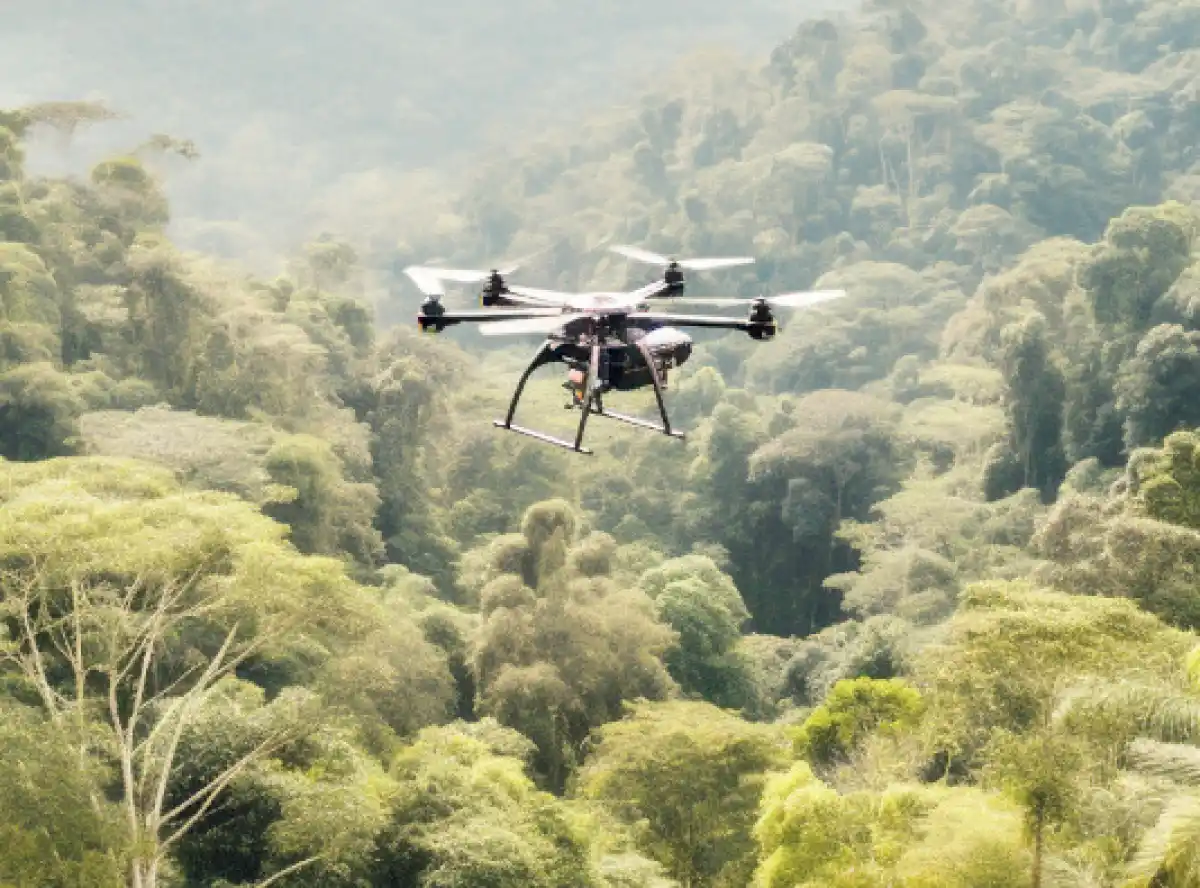
Over 100 partners, including 37 tech companies, eleven countries and five international organisations, joined forces under the Coalition for Environmentally Sustainable Artificial Intelligence (AI), aiming to ramp up global momentum to place AI on a more environmentally sustainable path.
Spearheaded by France, the UN Environment Programme (Unep) and the International Telecommunication Union (ITU), the coalition brings together stakeholders across the AI value chain for dialogue and ambitious collaborative initiatives.
The coalition was announced at the AI Action Summit in Paris, where Heads of State and Government, leaders of international organisations, CEOs, academics, artists and members of civil society gathered to discuss support for AI innovation, adequate regulation and respect for rights to ensure development of these technologies in the interests of all, including developing countries.
The coalition will encourage AI initiatives for the planet, including its role in decarbonising economies, reducing pollution, preserving biodiversity, protecting the oceans and ensuring humanity operates within planetary boundaries.
“We know that AI can be a force for climate action and energy efficiency. But we also know AI power-intensive systems are already placing an unsustainable strain on our planet,” UN Secretary-General António Guterres said at the Summit.
“So, it is crucial to design AI algorithms and infrastructures that consume less energy and integrate AI into smart grids to optimise power use.”
Unep says while AI may help tackle some of the world’s biggest environmental emergencies, a growing body of research cautions that there is a negative side to the explosion of AI and its associated infrastructure.
It says from data centres to training models, AI must run on sustainable energy that fuels a more sustainable future.
“The AI Action Summit is a turning point: for the first time, the ecological transition has been at the core of the discussions in an international AI summit,” said Agnès Pannier-Runacher, France’s Minister of Ecological Transition, Energy, Climate and Risk Prevention.
In 2024, Unep released an issue note that explores AI’s environmental footprint and considers how the technology can be rolled out sustainably.
In 2025, Unep is expected to publish a guide to encourage public and private purchases towards energy-efficient data centres.






0 Comments